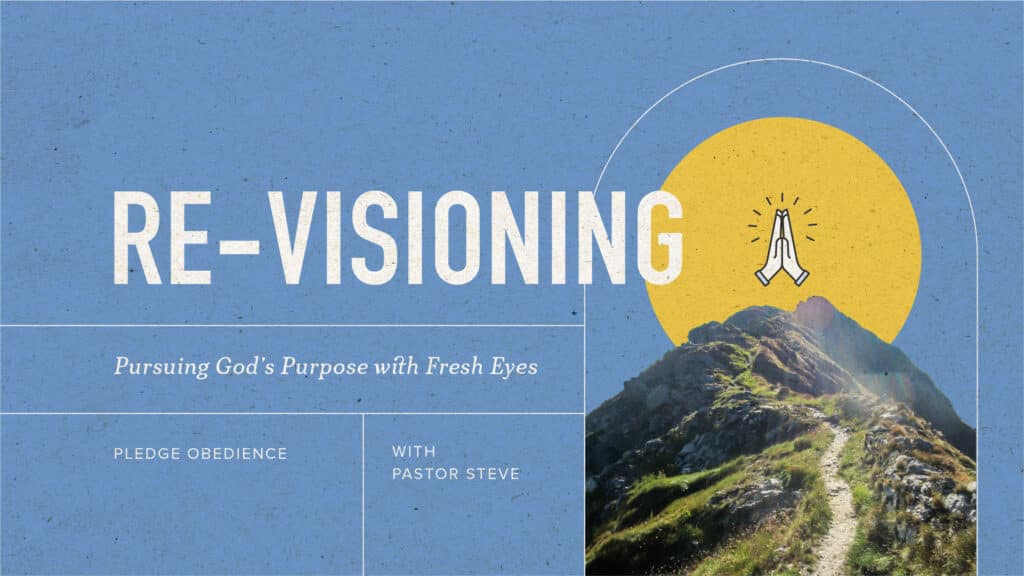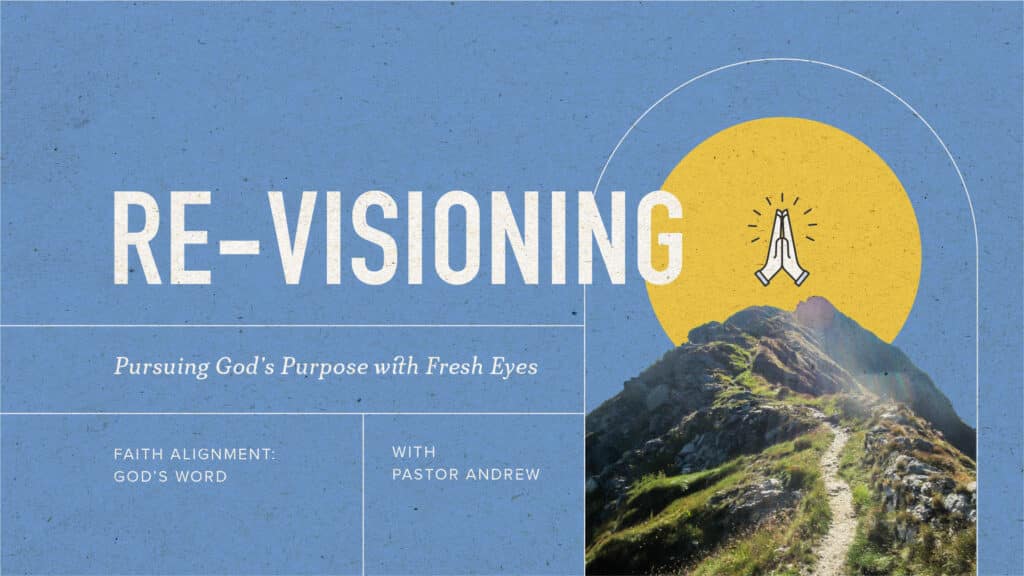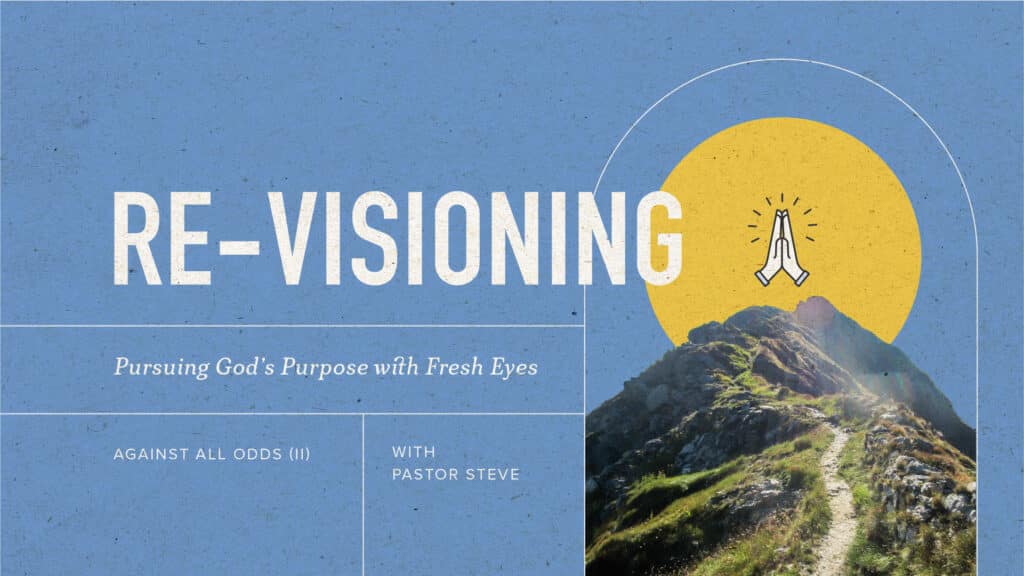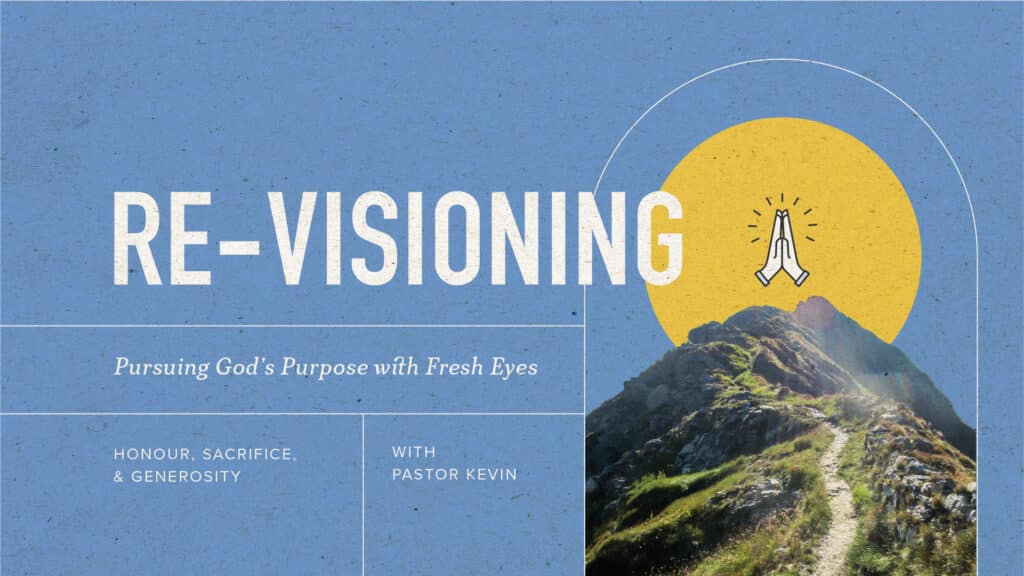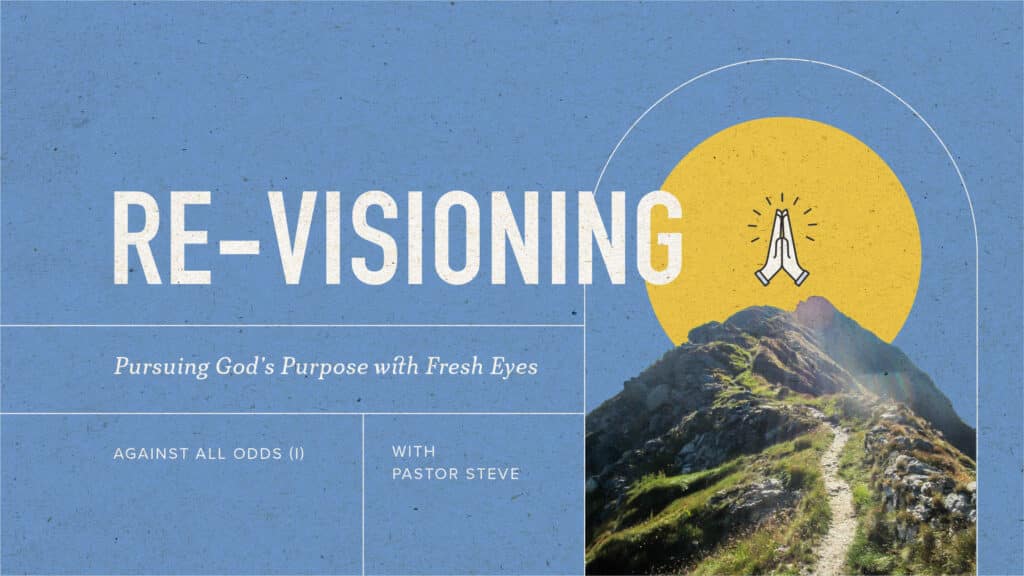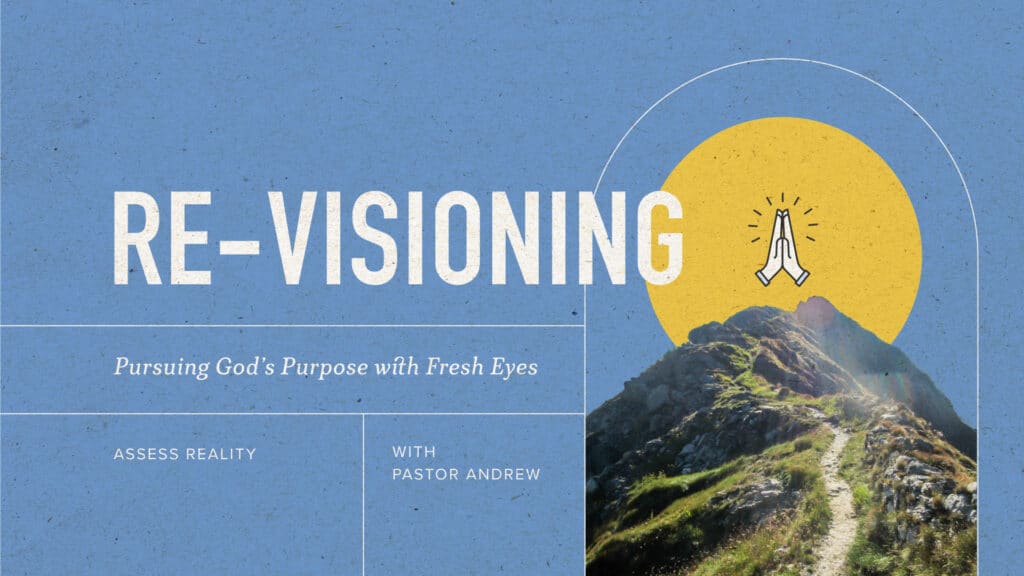Nehemiah 12 celebrates the dedication of the walls and it would have been a great ending of the book. But why does it end with a sobering note of community reforms in Nehemiah 13? From what we have learned from Nehemiah, the essential message isn’t just about leadership or accomplishing a worthy task, but this: who we are and to whom we belong should bring lasting value and life transformation.
Alan Noble’s book, You Are Not Your Own: Belonging to God in an Inhuman World, writes: Belonging necessitates limits. The question is to whom we belong. If we belong to ourselves, then we set our own limits – which means we have no limits except our own will. If we belong to God, then knowing and abiding by His limits enables us to live as we were created to live, as the humans He designs us to be. This captures humanity’s desire for autonomy against God’s intention for every image-bearer since the Garden of Eden and offers a great perspective to frame the ending of the book of Nehemiah.


